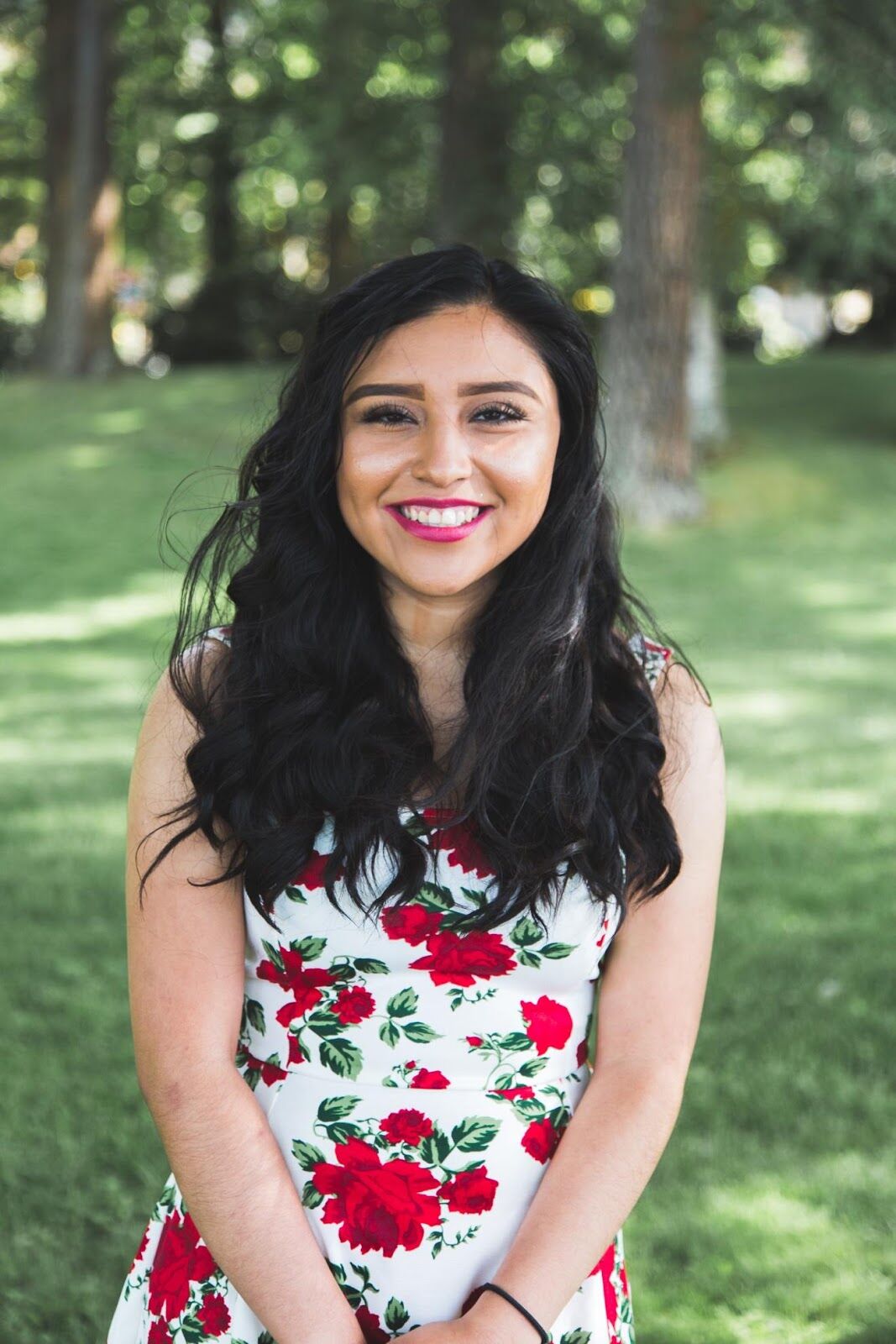Each day since September 5, 2017, 122 Deferred Action for Childhood Arrivals (DACA) recipients have lost their status. In his decision to end DACA, President Trump had no clear plan for the nearly 800,000 people enrolled in the program, of which 36,000 identify as LGBTQ.
On Sunday, the president tweeted that Senator Dick Durbin “blew” a DACA deal due to his unabashed denouncement of Trump’s “shithole” comments. The next few days may very well determine the fate of 36,000 LGBTQ identified DACA recipients and other undocumented young people. As with most things this president does, everything is speculative until it isn’t.
In the following series, I sought to find how being undocumented adds a layer of complexity and difficulty to people’s lives. The stories told reflect a small piece of the lives of those profiled; however, they remind us that the debate raging in Congress this week has real and lasting consequences.
Jose Munoz
Subscribe to get a twice-weekly dose of queer news, updates, and insights from the INTO team.
in Your Inbox
~~~
When Donald Trump was elected, Ana Ramirez Castillo, a 19-year-old undocumented student, who was in her first semester of college at the time, was scared. While not alone in her fears, being undocumented infused another layer of complexities into her new life as a college student.
When Ana started college at Western Washington University in Bellingham, Washington, she had a lot of the same trepidation many people who move away for college feel. But living as an undocumented person, and having parents who are also undocumented added to her fear.
“Being so far away from my parents was hard because my mom kept telling me about how she would see ICE,” Ana said. Her mom saw ICE in their grocery store parking lot one day while she was away at school and it spooked her.
“That’s really scary to think about,” she said. “Especially when I’m so far away from them. What if something happens to them?”
Ana lives a 6-hour drive from her parents and only goes home during long breaks. Each time she leaves for school, she wonders if it will be the last time she sees her parents. She also considers what would happen if one, or both, of her parents were deported. Would she have to drop out of school to care for her younger brother?
Ana has adapted to college in a way that was similar to many, if not most, of her peers. She tried to make new friends. But, being undocumented, she has found it hard to make connections within the LGBTQ community.
Ana, who identifies as a lesbian shared, “I tried going to some LGBT organizations on campus, but I feel like I just don’t fit in. Most of the people there are white, for starters.”
“They are LGBT, but they don’t understand what it’s like to be oppressed by [two] identities. Even if I share my story, I feel like people don’t get it all the time,” she continued.
And while there are some people with whom she shares both of her identities, mostly it’s one or the other.
“There are some within the LGBT community that only know about my queer identity and not my undocumented identity. I feel like I can’t be fully myself most of the time.”
“It’s really hard to not be able to express myself and be who I am, all the time all or most of the time,” she continued.












